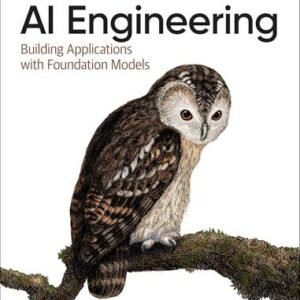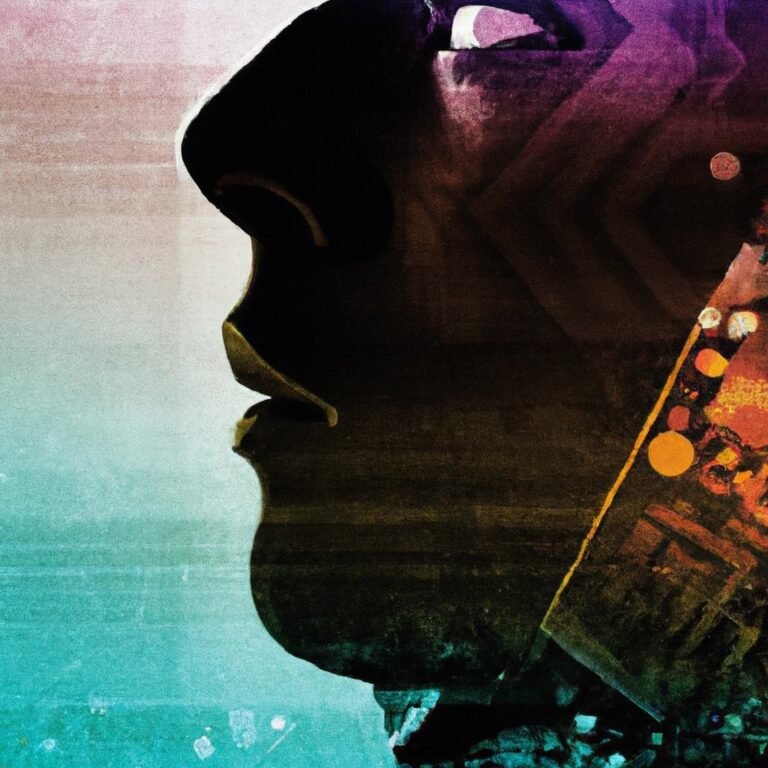In an era where technology continuously reshapes our experiences, the music industry finds itself at the forefront of a revolutionary shift brought about by artificial intelligence. As algorithms learn to create melodies, enhance production, and even curate personalized playlists, the way we produce, consume, and interact with music is undergoing a profound transformation. From enabling artists to explore new creative horizons to revolutionizing how listeners engage with their favorite tunes, AI is not just a tool; it’s a driving force that is redefining the very fabric of our musical landscape. In this article, we will delve into the substantial ways AI is influencing the music industry, examining both the opportunities it presents for artists and the challenges it poses for traditional practices. Join us as we explore this fascinating intersection of creativity and technology, and uncover what the future holds for sound in the age of AI.
Table of Contents
- Understanding AIs Role in Music Production
- Revolutionizing Music Marketing through Data Analytics
- Enhancing the Creative Process: AI Collaborations with Artists
- Navigating Ethical Considerations in AI-Generated Music
- In Retrospect
Understanding AIs Role in Music Production
Artificial intelligence is revolutionizing music production by streamlining various aspects of the creative process. From composing melodies to mixing tracks, AI tools help artists and producers enhance their work by providing innovative solutions. For instance, machine learning algorithms can analyze vast amounts of existing music to identify trends and styles, enabling musicians to craft impactful songs that resonate with audiences. Moreover, AI can assist in generating unique sounds and effects, allowing artists to experiment beyond traditional boundaries.
By leveraging AI technologies, professionals in the music industry can experience numerous benefits:
- Improved efficiency: AI tools can automate repetitive tasks, freeing up time for creativity.
- Data-driven insights: Analytics powered by AI can help identify what listeners want, guiding artists to tailor their projects accordingly.
- Collaboration: AI encourages cross-genre experimentation, fostering partnerships between artists who might not have otherwise connected.
| AI Tool | Functionality |
|---|---|
| Amper Music | AI-generated music composition |
| AIVA | Composing symphonic music |
| LANDR | Automated mastering of tracks |
Revolutionizing Music Marketing through Data Analytics
The integration of data analytics into music marketing strategies is fundamentally changing how artists connect with their audiences. With advanced tools at their disposal, record labels and independent musicians alike can now access valuable insights about listener preferences and behaviors. This enables them to tailor their promotional efforts effectively, reaching the right audiences at the right time. Not only can they analyze streaming patterns, but they can also utilize metrics from social media engagement and concert ticket sales, allowing for a more comprehensive understanding of fan bases. The advantages include:
- Targeted Advertising: Analyzing demographics to tailor campaigns.
- Dynamic Content Creation: Influencing song releases based on real-time feedback.
- Performance Tracking: Measuring the effectiveness of marketing efforts.
Furthermore, utilizing machine learning algorithms can enhance predictive analytics, offering artists the ability to foresee trends and consumer behaviors. By creating an effective feedback loop, data-driven insights allow for iterative improvements in marketing strategies. For instance, collaborative playlists generated from listener data can serve as engaging promotional tools, driving community interaction and increasing song visibility. The implications of these advancements extend to various sectors within the industry, as seen in the table below:
| Sector | Impact of Data Analytics |
|---|---|
| Record Labels | Enhanced artist targeting and resource allocation. |
| Concert Promotion | Optimized event planning based on audience data. |
| Streaming Services | Personalized recommendations boosting user satisfaction. |
Enhancing the Creative Process: AI Collaborations with Artists
As artificial intelligence continues to evolve, it opens up a treasure trove of possibilities for artists seeking to enhance their creative endeavors. By leveraging AI tools, musicians can explore innovative soundscapes, generate unique melodies, and even collaborate with algorithms that provide fresh perspectives on their work. This partnership allows artists to experiment with various genres and styles, pushing the boundaries of traditional music creation. In this dynamic process, AI can assist in:
- Generating harmonies and chord progressions that complement existing works
- Creating personalized sound libraries tailored to individual artistic visions
- Automating repetitive tasks to allow artists to focus more on creativity
Moreover, these collaborations can also promote inclusivity in the music industry. Independent musicians and creators, who may lack access to extensive resources, can harness AI technologies to enhance their productions. By democratizing music creation, AI allows a broader range of voices to be heard, transforming how we perceive artistry in the digital era. An interesting illustration of this is evident in the following table that highlights various AI tools and their specific applications in music:
| AI Tool | Application |
|---|---|
| AIVA | Composing music across different genres |
| Amper Music | Creating custom music tracks for various media |
| LANDR | Automating audio mastering for a polished finish |
Navigating Ethical Considerations in AI-Generated Music
As AI-generated music continues to proliferate, new ethical considerations arise that challenge traditional notions of authorship and creativity. The ability of AI to compose music indistinguishably from human creators prompts essential questions around ownership. When a piece of music is created by an algorithm, who holds the rights to the work? Should the developers of the AI, the users who input data, or the machine itself claim authorship? It’s crucial to establish clear frameworks that acknowledge the contributions of all parties involved to prevent potential disputes and ensure fair compensation.
Moreover, there are significant implications for cultural representation and diversity in music creation. AI systems often rely on existing datasets for training, which can lead to the perpetuation of biases and a lack of diversity in the generated music. Stakeholders in the music industry, including artists, producers, and technologists, must collaborate to ensure that AI tools are designed to uplift a diverse range of voices and styles, rather than merely replicating popular trends. To address these issues, industry leaders can implement policies that promote ethical AI development, such as:
- Inclusive datasets: Curate diverse music datasets to train AI algorithms.
- Transparent algorithms: Ensure AI processes are understandable and accountable.
- Artist involvement: Engage musicians in the AI training processes to infuse human creativity into the generated works.
In Retrospect
As we navigate the evolving landscape of the music industry, it is clear that artificial intelligence is not simply a tool but a transformative force reshaping how we create, distribute, and experience music. From intelligent algorithms that assist in composition to advanced analytics that enhance marketing strategies, AI is revolutionizing every facet of the industry. As musicians and industry professionals embrace these innovative technologies, they open the door to new opportunities, creative collaborations, and a deeper connection with audiences worldwide.
The journey is just beginning, and while there may be challenges ahead—such as ethical considerations and the potential for over-reliance on technology—the benefits of AI in music are undeniable. Moving forward, it will be essential to strike a balance that honors the artistry at the core of music while leveraging AI’s capabilities to enhance and expand our artistic horizons.
the impact of AI on the music industry is profound and far-reaching. As we continue to explore these advancements, we encourage musicians, producers, and listeners alike to engage in this dialog about the future of sound. Let’s embrace the possibilities that AI presents and work together to ensure that music remains a vibrant, emotional, and powerful art form in the digital age. Thank you for joining us on this journey of exploration and transformation!





